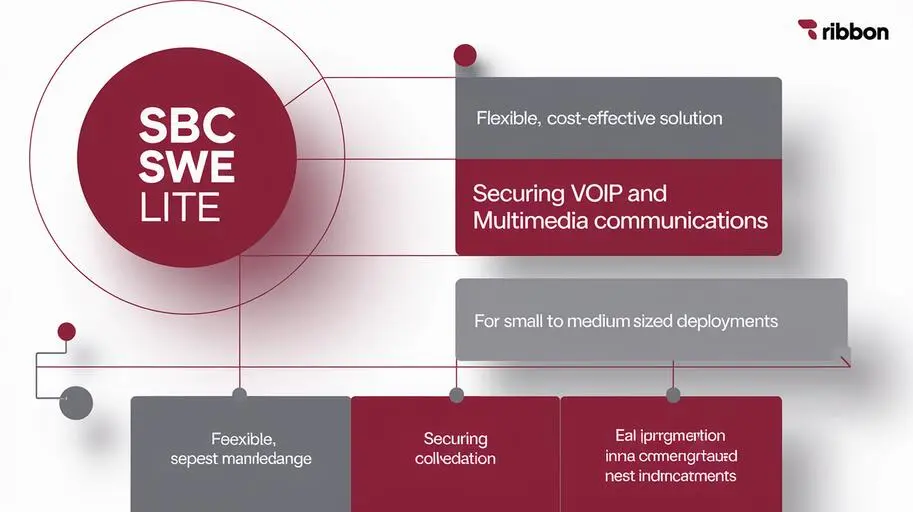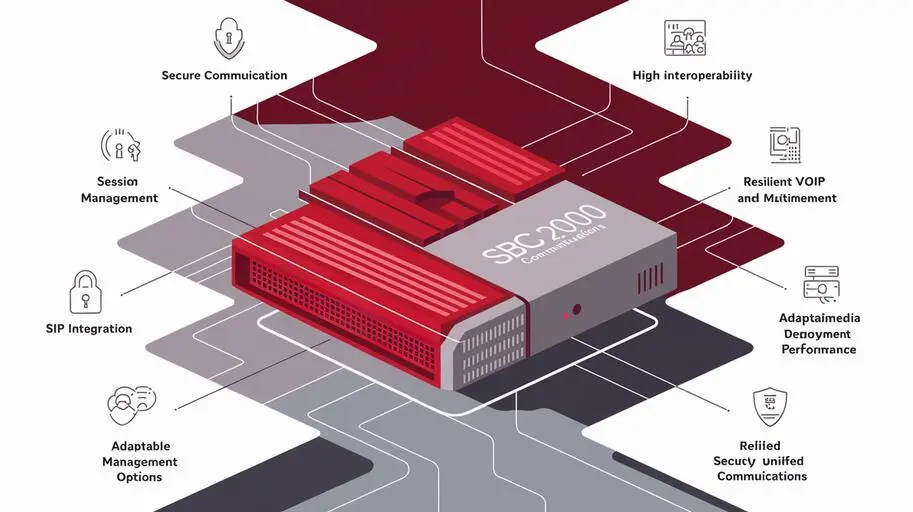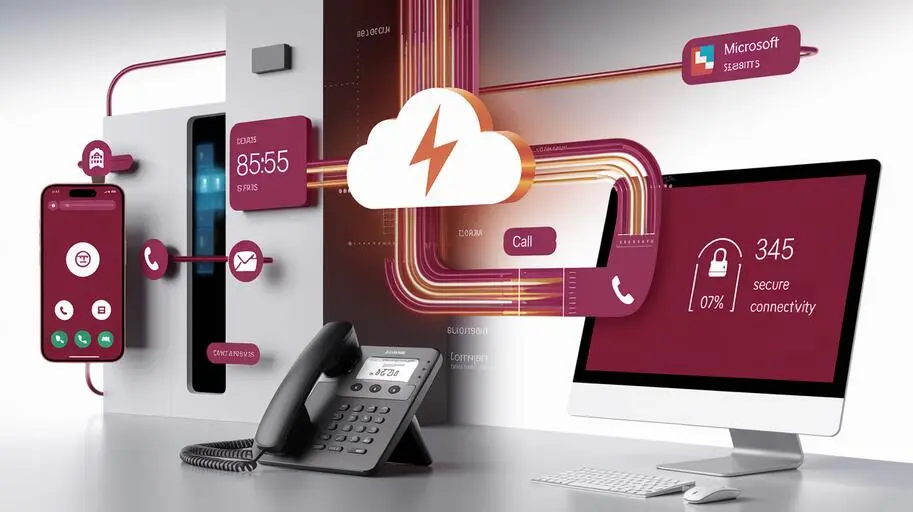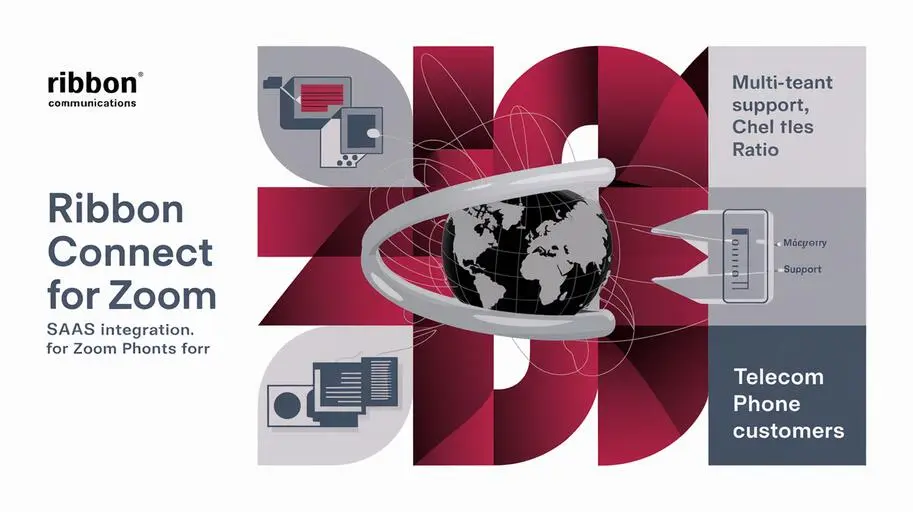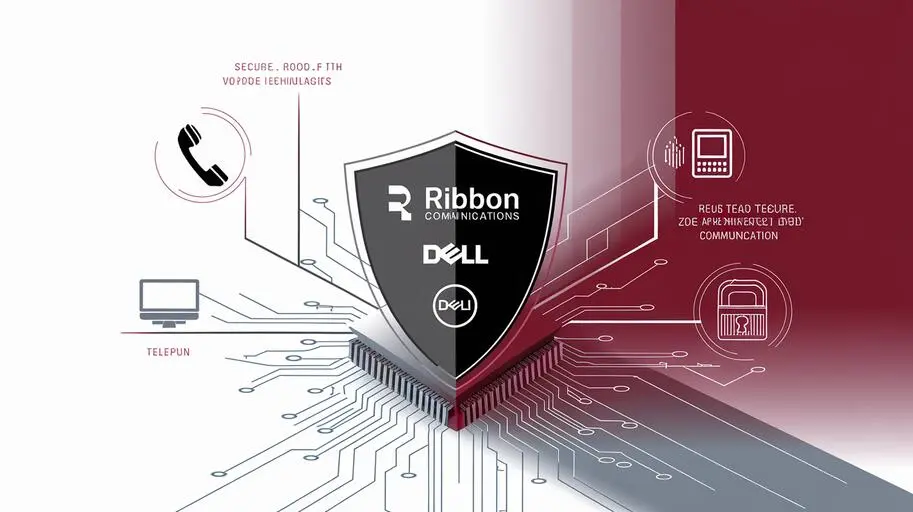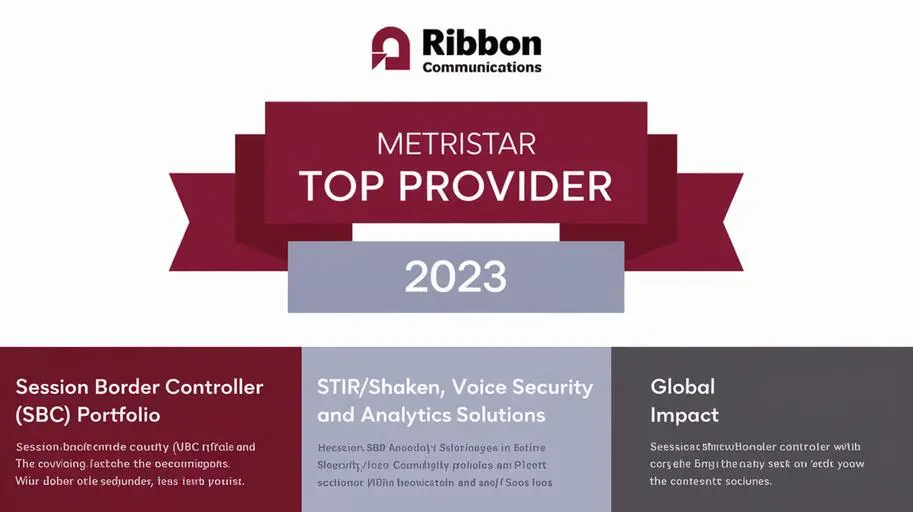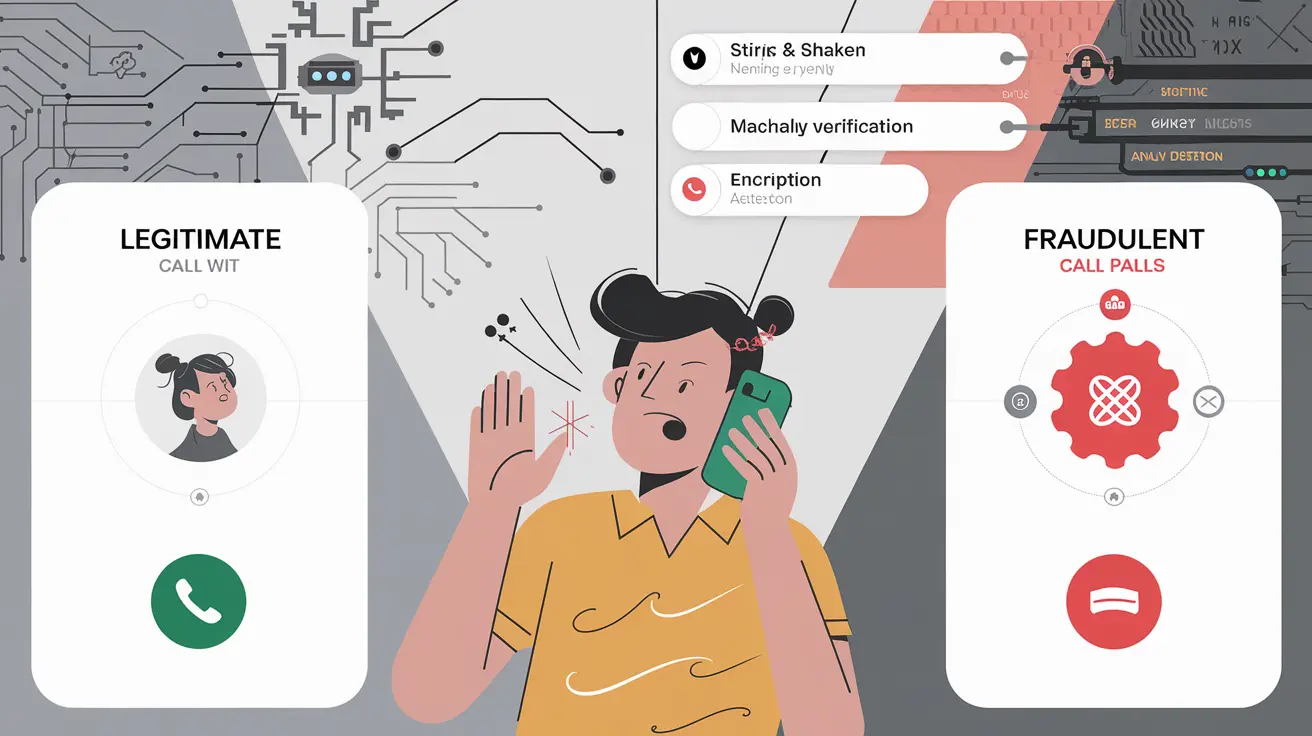
Robocalls: A Global Digital Security Issue
Automated calls, or robocalls, are becoming a global issue affecting users worldwide. Although these technologies were initially developed for automation purposes, they are often exploited in fraudulent schemes, raising serious concerns among users and regulators. A recent study conducted by Ribbon Communications in Japan revealed low public awareness of robocalls, yet a significant number of people have already encountered suspicious calls.
What is a Robocall and How Does It Work?
A robocall is an automated voice call made by a machine or artificial intelligence. These calls are used in various fields, from marketing campaigns to informational alerts. However, as technology advances, fraudsters have developed schemes using robocalls to steal personal data and deceive users.
Examples of Robocall Fraud
- Fake bank calls – Scammers pose as bank employees and request confidential data.
- Lottery winnings – Users are informed they have won a prize but need to pay a “tax” or “fee” to claim it.
- Voice deepfake calls – AI is used to imitate the voices of well-known individuals or family members.
- Fake tech support – Fraudsters convince victims their device is infected with a virus, demanding payment for “fixing the issue.”
For example, in early 2024, the U.S. saw a case where AI-generated voice impersonations of President Biden were used to discourage voters from participating in elections. This caused public outrage and drew regulators’ attention to the need for control over such technologies. Japan has also seen an increase in robocall-related fraud cases, including schemes with fake payment demands.
Findings from Ribbon Communications’ Study
Ribbon Communications conducted a study to determine the level of public awareness about robocalls in Japan and their impact on daily life.
- Low awareness: 90% of respondents had never heard of robocalls.
- User concerns: 85% of those familiar with the term were aware of fraud cases involving automated calls.
- Personal experience: 42% of respondents had received robocalls, and one in five had received a suspicious call attempting to collect personal data.
- Negative impact: 94% of people who experienced suspicious robocalls felt anxious about future calls.
- Limited protection measures: 70% of respondents believe available tools to block unwanted calls are insufficient.
These findings indicate that, despite relatively low awareness, robocalls have already affected a significant number of users in Japan. Furthermore, as technology advances, fraudsters gain more ways to manipulate people. Many users do not recognize the danger until they experience financial loss or data leaks.
Consequences and Potential Threats
Artificial intelligence technology makes robocalls increasingly realistic, increasing fraud risks. Users may receive a call from a fake bank representative, law enforcement officer, or even a familiar person whose voice has been AI-generated. This poses serious risks of confidential data leaks and financial losses.
In response to these threats, several countries are implementing measures to combat robocalls. For example, the U.S. has adopted the STIR/SHAKEN standard, requiring telecom operators to verify the authenticity of incoming calls. However, such measures are not yet widely implemented, leaving vulnerabilities for scammers.
The study also found that 70% of users prefer not to answer calls from unknown numbers due to fraud concerns.
Additionally, 71% of respondents believe that protecting themselves from robocalls is nearly impossible and that effective solutions must be developed by telecom operators.
Solution from Ribbon Communications
To help users and telecom operators combat robocalls, Ribbon Communications has developed the Ribbon Call Trust system. This solution includes:
- Caller reputation analysis – Identifying potentially dangerous calls
- Detection of fraudulent and automated calls
- Support for STIR/SHAKEN standards – Verifying caller authenticity
- Call encryption and other security measures
- Policy-based call routing
- Machine learning algorithms for detecting suspicious calls
These technologies enable telecom operators to filter suspicious calls and minimize fraud risks. Ribbon Call Trust is already in use in the U.S., Canada, and several European countries where regulators actively enforce anti-fraud measures.
Ribbon Communications Solutions in Ukraine
NWU is the official distributor of Ribbon Communications in Ukraine, offering a wide range of solutions for securing and managing voice communications. In partnership with Ribbon Communications, NWU provides consultations and technical support on voice security and offers solutions for telecom operators and corporate clients.
Among the available solutions, NWU provides consultations and sales of Session Border Controller (SBC), a critical element for securing voice traffic. SBC ensures call filtering, session control, and fraud protection. It plays a key role in robocall prevention by blocking unauthorized connections and ensuring reliable VoIP network operation.
What Can Users Do?
Despite advancements in protection technologies, users should remain cautious:
- Avoid answering calls from unknown numbers.
- Do not share confidential information over the phone.
- Use smartphone features to block suspicious numbers.
- Report suspicious calls to telecom operators so they can blacklist these numbers.
The rise of robocalls presents a challenge for the digital world, but advancing protection technologies and increasing user awareness will help mitigate risks. Ribbon Communications and NWU continue to develop new solutions to make communications safer worldwide.


